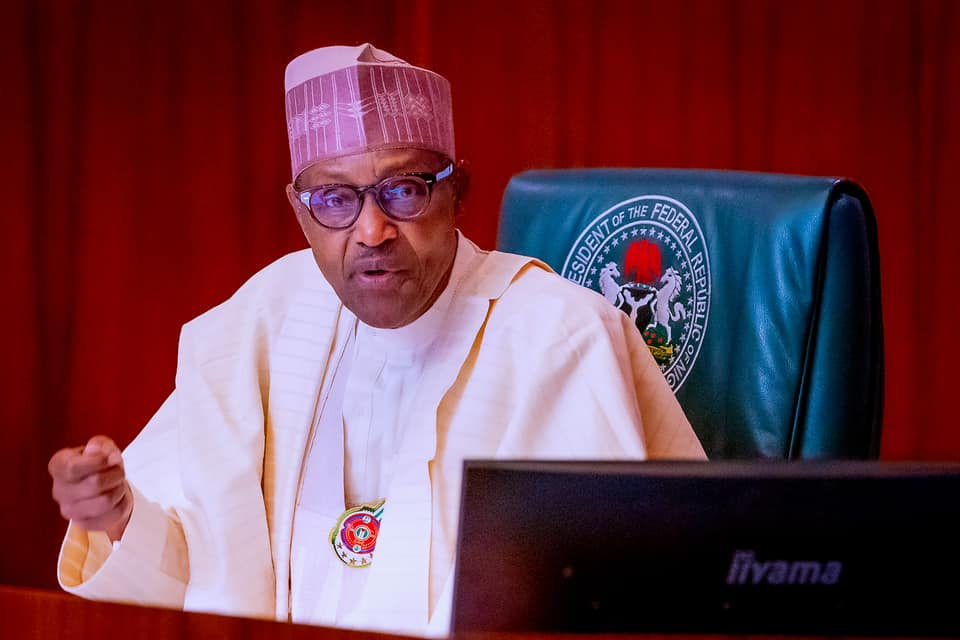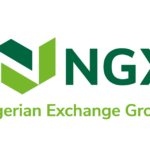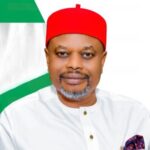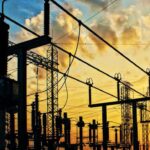Many of us are familiar with Singapore and for those who are not, I would start with a few statistics about this Asian Tiger, which some refer to as one of the “Miracle Economies” of the world. Perhaps for those who believe prayer is what Nigeria needs to develop, you may seek to refine your prayer points for the country. Singapore ranks eleventh in terms of the human development index, well ahead of the United Kingdom, United States, Canada, and of course China, South Korea, and Japan.
It ranked first for seven consecutive years on the World Bank’s “ease of doing business” and has a per capita income of approximately $60,000, the tenth highest in the world, dwarfing America and most European countries. In fact, in the recent World Bank study on human capital development, Singapore ranks the best country in terms of human productivity, following years of consistent investment in purpose-driven education and training.
- Nigeria loses $1.7bn court case against JP Morgan
- Ethiopian wheat value chain: What Nigeria can learn
While not many people gave Singapore a chance of survival in 1965 when it gained independence from the Britain, and indeed few cynics said the British granted it sovereignty because it was on the edge of collapse, today that same country boasts of one of the world’s best airlines and airports, an incredibly busy but efficient seaport. I guess those who know the “rag to riches” and “poverty to prosperity” history of Singapore would say China has done remarkably well but not as much as Singapore in shared prosperity of its citizenry and that history many say has one hero, Lee Kuan Yew, who did not only unite the people (including using force) but also galvanised all resources towards the path of sustainable development for the country.
Notwithstanding criticism, Lee Kuan Yew remains consistent and unapologetic in his perhaps draconian approach to political opponents and his often unorthodox views on human rights, democracy, freedom and capitalism, as he was never distracted by the need to be politically correct locally and internationally. Rather he wanted to be correct based on the realities of Singapore and his resolute belief in defining local ethos and values relevant for the country’s development while guaranteeing fair and equitable opportunities for its now six million people and future generations. He was harsh on the opposition, and he gave no room for distractive criticism. A Singaporean of Chinese origin, Lee held sway for three decades.
Unlike Singapore and other miracle nations, Nigeria is obviously retrogressing or at best moving around the same cycle. In terms of real per capita income and standards of living, the country is no different or perhaps worse than where it was 40 years ago. Many would blame military rule, but we have returned to democracy, at least in form, for over two decades, yet youth unemployment is in excess of 42 per cent, implying that two out of every five Nigerian youths are jobless. It should not be surprising. Where are the textile companies? Where are the automobile companies? Where are the agro-allied companies? They are not just dead, they are buried!
The oil majors are divesting and exiting Nigeria gradually, yet we do not have a sense of urgency to address this. Perhaps we are waiting for the day we would wake up to see that we no longer have an oil and gas sector. As strong as former President Olusegun Obasanjo was while in power, he could not resolve the refinery problem.
Jonathan’s administration budgeted for Turnaround Maintenance of the refineries every year but it was just a mirage and of course, a waste of resources and betrayed the hope of the common man. The Buhari administration seems to have been silent about its promise, but Nigerians have not forgotten. Like a monster that nobody can confront, the oil and gas industry, which seems to be the last jewel of the nation, continues to decay, with production and reserve levels declining with no hope of sustainable recovery.
We need not deceive ourselves. Insecurity is a given under our reality of today because there are too many “devil’s workshops” or what should we say of the tens of millions of youths that are idle. In a country where governors, pastors, imams, and supposed leaders, fly private jets while the people die in stampede queuing for free food.
The whole economy is in need of a turnaround. There is an urgent need to deconstruct this economy and examine its constituent parts in an effort to determine why the system is not performing well. It’s political time but the cycle is of no importance if the real issues are not addressed.
On Sunday, June 12, 2023 (on our Democracy Day) the national grid collapsed for the fourth time this year alone. Why? It collapsed because the power generation fell to practically zero. That crash was a culmination of a decline in power generation that had been obvious to the managers of the power sector. On Saturday, June 11, the day before the crash the level of power generation was said to be 3,685MW, which was said to be the highest power generated in the country since Sunday, June 5. Are we not joking? For some time now Nigeria’s power generation has hovered around 5,0000MW and has fallen below 4,000MW.
How can this be the level of power generation that would power an economy of over 200 million people towards sustainable development? Compare that with the power generation in South Africa now, put at about 58,095 megawatts, with a population of 60 million and there is a plan by a businessman, Patrice Motsepe, to boost power generation sevenfold through solar power. Does South Africa have more natural prospects for solar power than Nigeria? We have made the environment so salty for both local and foreign entrepreneurs, who find the country unattractive to do business.
So, how do we want to create jobs and take the idle youths off the streets? Recent statistics show how we are also wobbling in capital importation or investment inflow. In the first quarter of this year, capital importation into the country was barely $1.57 billion, a decline of about 28 per cent from the $2.19 billion in the last quarter of 2021, according to figures published by the National Bureau of Statistics. Worse still, the imported capital was mainly hot money in the form of foreign portfolio investments in financial securities, which clearly has a very limited impact on the real sector of the economy, with foreign direct investment being merely USD155 million.
Yes, inflationary pressure is everywhere in the world and the global market is grappling with rising interest rates amongst several other pressures. But guess what, other countries are innovating with clear economic reforms capable of steering their nations out of this mess. What are the priorities of Nigeria? Our economic plans, in the absence of a better way to put it, are like “textbooks carried by donkeys”. Many a time, they are unrealistic and indeed there is neither the will nor capacity to execute. So, who would rescue Nigeria from this chaos? This is not the time for party love or hatred. It is not the time for religious and ethnic bigotry because it is clear Nigerians are merely being used. It is a time for sincerity. It is time to get the leadership right. It is a time to search for a leader who would not only negotiate and navigate Nigeria through this crisis but also lead the country with the love and force required to sail safely to the miracle land. Let’s search for the Turnaround Manager!

 Join Daily Trust WhatsApp Community For Quick Access To News and Happenings Around You.
Join Daily Trust WhatsApp Community For Quick Access To News and Happenings Around You.


